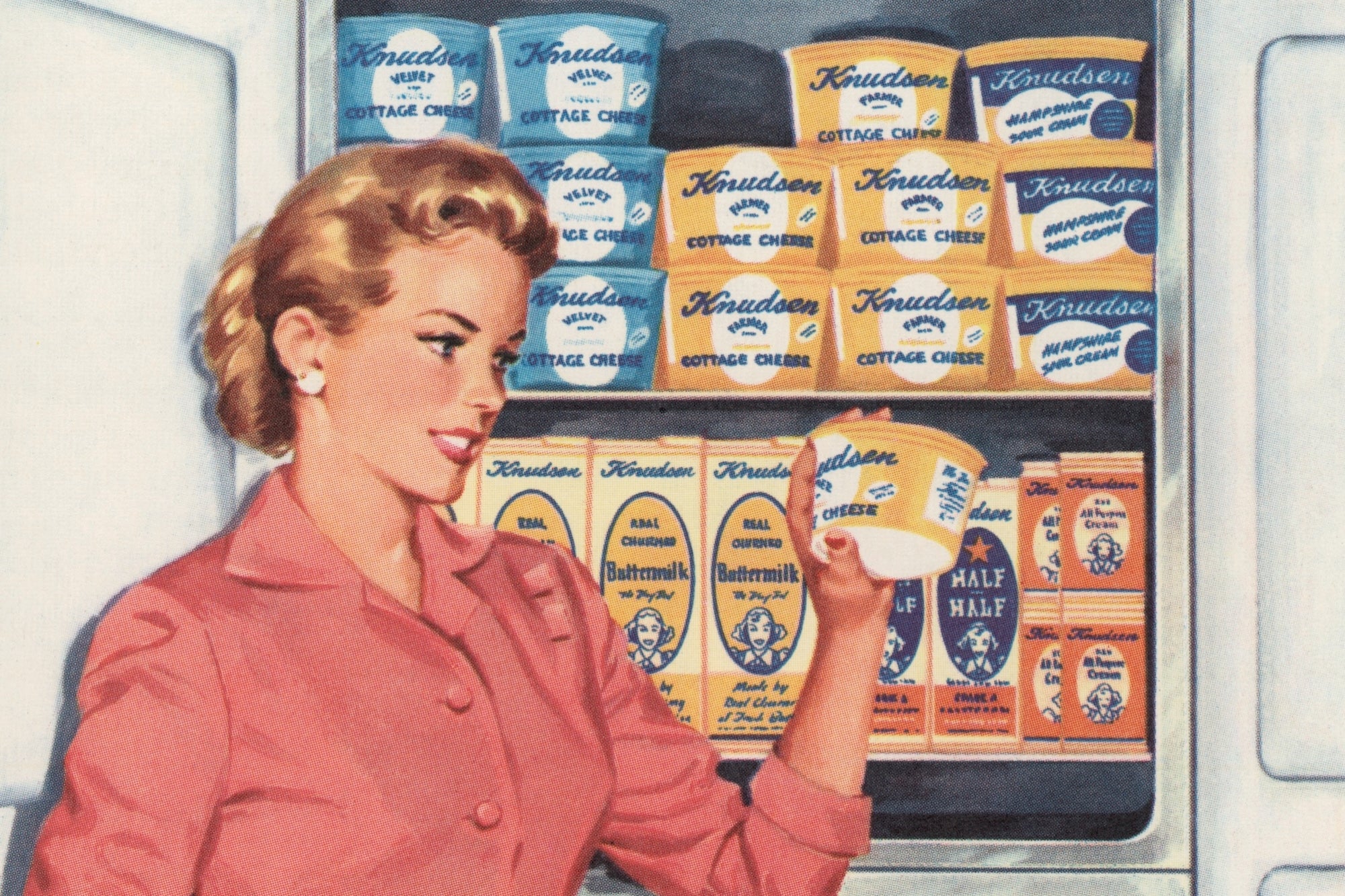Report: AI Will Take More Jobs Away from Women Than Men Automation is many things, but apparently, it is not gender-neutral.
As AI continues to take away human jobs, women will be 1.5 times more likely to need to move into new occupations than men, according to a new report by the McKinsey Global Institute.
"By 2030, activities that account for up to 30 percent of hours currently worked across the US economy could be automated—a trend accelerated by generative AI," the report's authors wrote.
The jobs most affected by AI will be office support, customer service, and food service — all women-dominated industries.
Meanwhile, according to analysts, occupations with more men, such as business and legal professions, management, healthcare, transportation, and STEM, are less likely to be replaced by artificial intelligence.
The report also found that workers in lower-wage jobs are up to 14 times more likely to need to change occupations than those in highest-wage positions — another factor that doesn't bode well for women. According to the Economic Policy Institute, women are paid roughly 22% less than men.
Related: We Will Inevitably Lose Skills to AI, But Do The Benefits Outweigh The Risks?
Part of an alarming trend
The McKinsey Report is not the only warning sign for women.
An analysis done by the Kenan Institue of Private Enterprise found that eight out of 10 women (58.87 million) in the U.S. workforce are in occupations highly exposed to generative AI automation (more than 25% of the occupational tasks) vs. six out of 10 men (48.62 million).
"Overall, 21% more women are exposed to AI automation than men, even though men outnumber women in the workforce. This is due to the affected occupations being populated by more women than men," the report said.
So how does society protect female workers from the robots? The McKinsey report calls for employers to change their hiring practices.
"Employers will need to hire for skills and competencies rather than credentials, recruit from overlooked populations (such as rural workers and people with disabilities), and deliver training that keeps pace with their evolving needs," the report's authors wrote.
Ironically, they also suggest that companies use AI to find and hire these different kinds of candidates.










